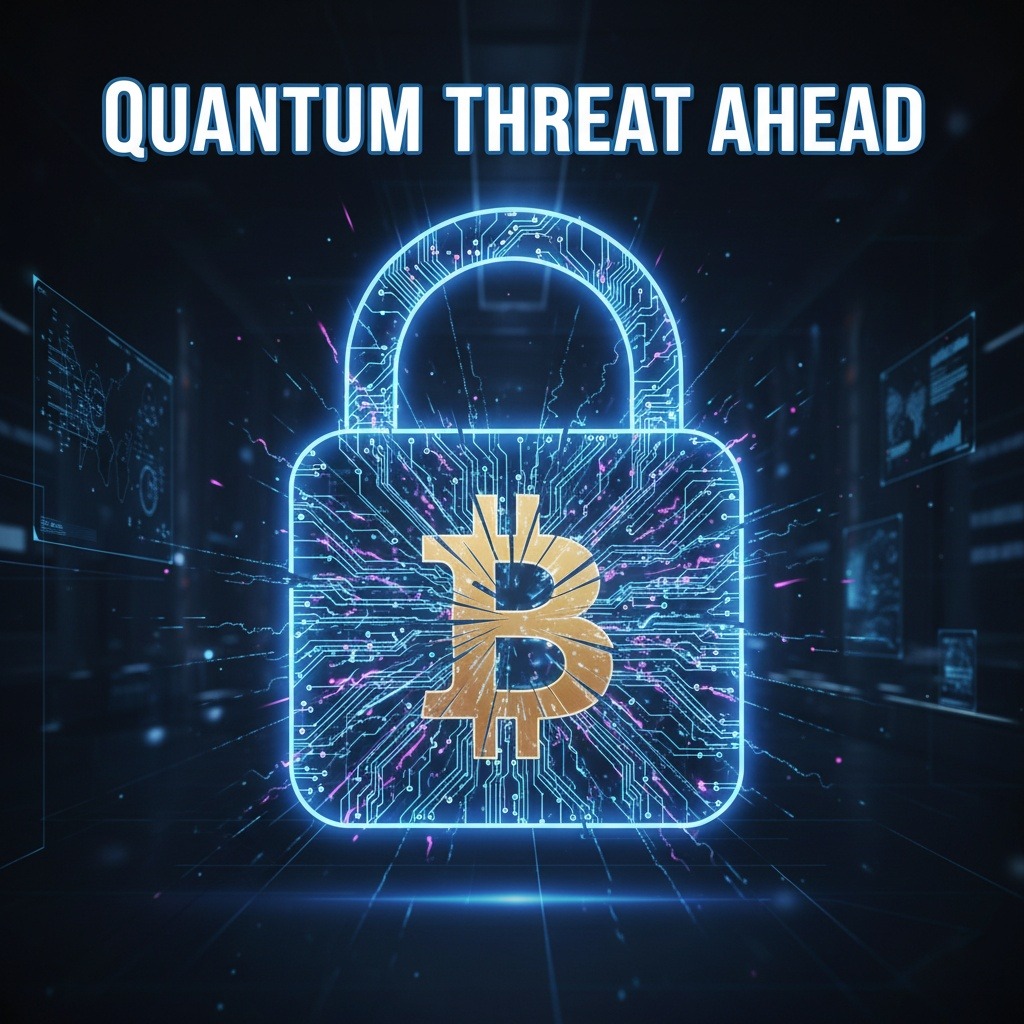In a recent address at the All-In Summit 2025, Anatoly Yakovenko, co-founder of Solana, highlighted a pressing concern for the Bitcoin network regarding the future threat posed by quantum computing. Yakovenko posited that developers need to start planning for significant upgrades to Bitcoin’s security infrastructure to counteract potential vulnerabilities emerging from advancements in quantum technology.
Yakovenko stated that there exists a “50/50” chance that by 2030, quantum computers could achieve the capability to compromise Bitcoin’s existing cryptographic defenses, particularly those protecting user wallets. “We should migrate Bitcoin to a quantum-resistant signature scheme,” he urged, emphasizing the urgency of this transformation.
The crux of the concern lies in the capabilities of quantum computers to utilize algorithms like Shor’s, which can potentially dismantle the Elliptic Curve Digital Signature Algorithm (ECDSA) currently employed in Bitcoin’s security framework. This breach could enable bad actors to forge transactions, undermining user wallets and possibly threatening the entire network’s integrity.
However, the path to implementing such safeguards is fraught with challenges. Transitioning Bitcoin to a quantum-resistant framework would necessitate a hard fork—a complicated and often divisive procedure that demands substantial consensus within the Bitcoin community and lacks backward compatibility. This has led to varying opinions from notable figures within the crypto space.
Some community members have expressed skepticism regarding the immediacy of the quantum threat. Adam Back, CEO of Blockstream, suggested that while quantum technology is advancing, it remains a distant concern. He added that preparing Bitcoin for quantum challenges may not be as intricate as others believe. Other contributors to the Bitcoin Core project, such as Peter Todd, have pointed out that the current quantum computing demonstrations don’t represent a feasible threat, asserting that existing quantum systems are not yet capable of addressing complex problems pertinent to Bitcoin’s security.
Luke Dashjr, another Bitcoin Core contributor, has voiced similar sentiments, indicating that threats such as spam attacks and developer corruption are more pressing issues at present then quantum capabilities. He maintained that the community is more equipped to handle current vulnerabilities than those potentially posed by quantum advancements.
Despite the varied opinions, Yakovenko urged the community not to underestimate the rapid pace of technological evolution evidenced by the swift advances in artificial intelligence and computing. He highlighted that once major tech players like Apple or Google implement quantum-safe cryptographic systems, the urgency for a migration will escalate significantly.
In conclusion, Yakovenko’s comments shed light on an important dialogue within the cryptocurrency community about the necessity of preparedness for future technological threats. While opinions may vary on when quantum computing will realistically impact Bitcoin, the call for proactive measures underscores a common goal: to ensure the resilience and security of the Bitcoin network in an ever-evolving technological landscape.



